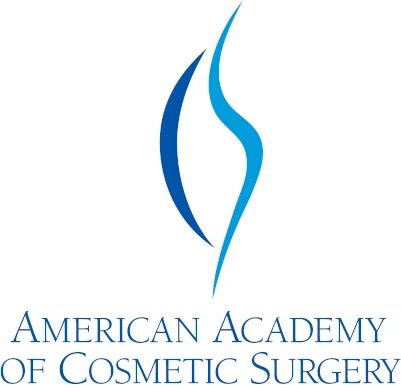The AACS recently formed the Ad Hoc Committee on Artificial Intelligence. It is committed to addressing the evolving landscape of AI with professionalism, ensuring these technologies are integrated in a way that upholds the integrity of cosmetic surgery practices. It serves as a dedicated platform to explore, evaluate, and guide the integration of artificial intelligence (AI) technologies in cosmetic surgery.
The committee’s primary purpose is to ensure that advancements in AI enhance patient safety, uphold ethical standards, and improve practice efficiency while fostering trust within the medical community and the public.
In the video below, Albert Carlotti, MD, DDS, FAACS, discusses how artificial intelligence is playing a massive role in the medical world and how it will continue to play a critical role moving forward.
He explains the various tupes of artificial intelligence and how it will continue to expand and be even more relevant in everyone’s lives. Dr. Carlotti states “I could tell you in the last couple of years, there’s been a very a big explosion in artificial intelligence. The applications are really that of science fiction in many levels.”
He highly recommends to all surgeons to implement AI into their own practice.
Core Objectives of the Ad Hoc Committee on Artificial Intelligence
1.) Advocating for Patient Safety: Ensure that AI-driven tools and technologies meet the highest standards of care and safety for patients in the cosmetic surgery field.
2.) Establishing Ethical Guidelines: Develop a robust code of ethics to govern the responsible implementation of AI in cosmetic practices, focusing on transparency, informed consent, and accountability.
3.) Enhancing Practitioner Education: Equip practitioners with the knowledge and tools to effectively incorporate AI into their practices through educational materials, workshops, and professional development resources.
4.) Evaluating Emerging Technologies: Analyze the potential applications of AI in areas such as documentation, patient communication, marketing imagery, and administrative efficiency to ensure they align with professional and ethical standards.
5.) Fostering Collaboration and Innovation: Create a space for dialogue and collaboration among practitioners, technologists, and stakeholders to shape the future of AI in cosmetic surgery responsibly.
Albert Carlotti, MD, DMD, Chair
Wilbur Hah, MD
Kandace Kichler, MD
Giselle Prado-Wright, MD
AACS Ad Hoc Committee on Artificial Intelligence
